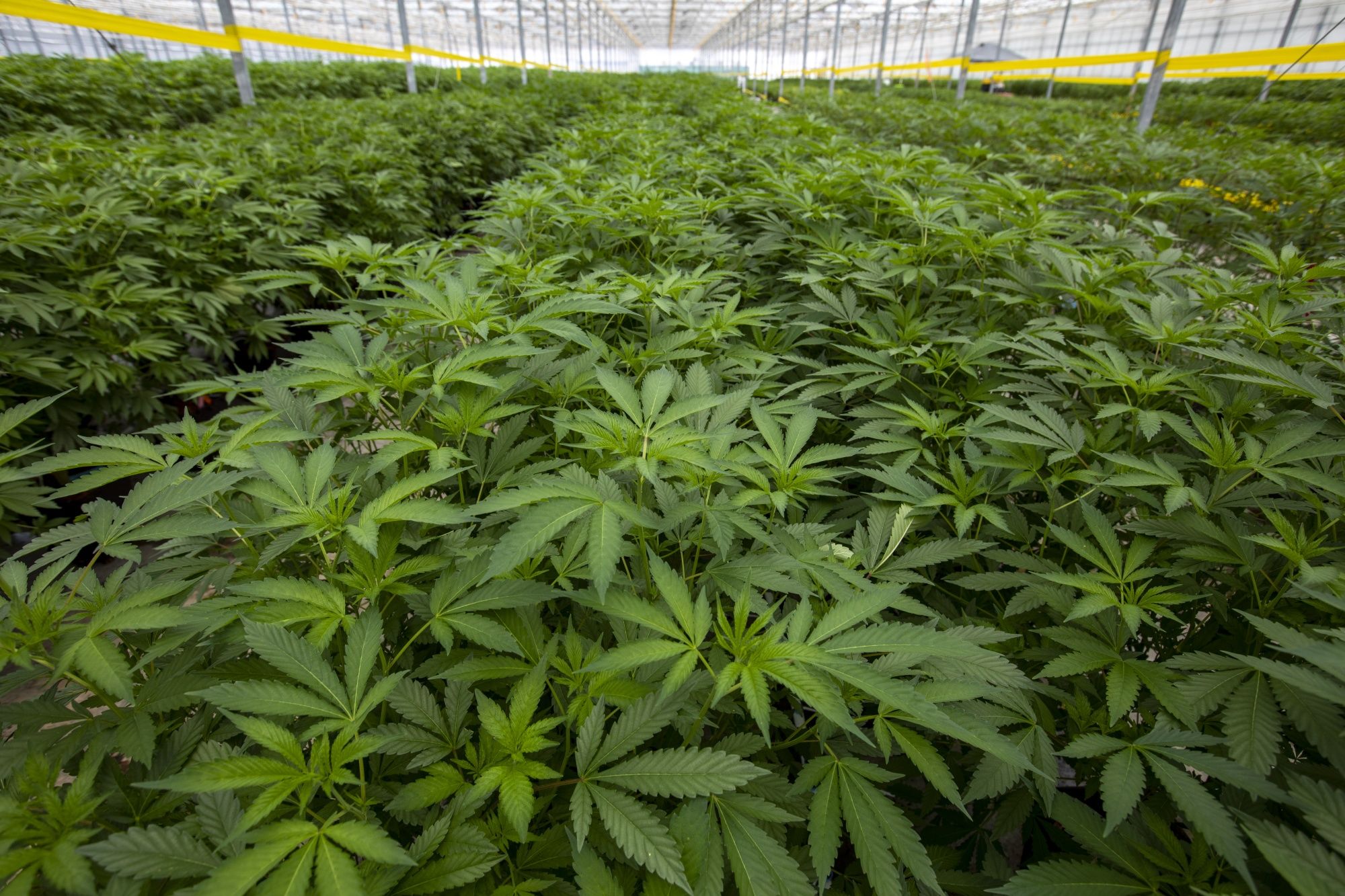Singapore in no rush to decriminalise cannabis for medical use: Shanmugam
Sign up now: Get ST's newsletters delivered to your inbox

Singapore will not be influenced by others to ease provisions in the law to allow the use of cannabis for health purposes.
PHOTO: BLOOMBERG
PETALING JAYA - Singapore is unlikely to decriminalise the use of cannabis for medical purposes any time soon, says Minister for Home Affairs and Law K. Shanmugam.
The response by the Republic follows Thailand becoming the first country in Asia to decriminalise cannabis nationwide on June 9, with Malaysia now studying the possibility of allowing the use of cannabis and kratom leaves, known locally as ketum, for medical purposes.
"Our policies are based on science and research, which show that cannabis is clearly harmful and addictive," Mr Shanmugam said in a virtual interview with The Star from his office earlier this week.
He said the city-state was being very cautious in the matter and would not be influenced by others to ease provisions in the law to allow the use of cannabis for health purposes.
"If a pharmaceutical company is pushing for the use of cannabis on the basis that it has medical benefits, I would be very sceptical," he said, adding that he would also be cautious if such calls were made by non-governmental organisations that were supported by such firms.
He said the authorities in Singapore were leaving the matter in the hands of medical experts and doctors to evaluate.
"If a reputed medical association says they need cannabis for medical use, then we will take it very seriously.
"In Singapore, we leave it to the doctors and if the doctors say that it is necessary for treatment and recovery, then we will allow. They can apply and it will be considered," he said.
Malaysian Health Minister Khairy Jamaluddin was on a four-day working visit to Thailand recently to assess the potential use of cannabis and ketum for medical purposes and to look into the legal framework for their medical use.
The Malaysian government is working on a framework to register certain cannabidiol products that is expected to be put into use by next year.
On legalisation of cannabis for personal medical use, Mr Shanmugam said Singapore was reluctant at this point in time to follow in the footsteps of Thailand.
"We assess Singaporeans and do surveys and Singaporeans really do not want to be in that situation," he said.
He pointed out that there had been some U-turns in Thailand after its government decided to decriminalise the use of cannabis.
"It started appearing everywhere... in toothpaste, cookies, popsicles and drinks. So the government and public got a bit concerned and made a U-turn.
"For example, the governor of Bangkok issued an order for all schools in Bangkok to be cannabis-free and smoking it in public was also banned," he added.
Mr Shanmugam said the sale of the substance was also prohibited among pregnant and breastfeeding mothers in Thailand.
"There was a rush to protect the vulnerable, but it is hard to control because it is not easy to enforce the rules," he added.
The minister also noted that countries which had relaxed the law on cannabis to impose taxes on the trade were now finding that the move was instead costing their governments more.
"Some countries may feel that they are able to tax the trade rather than it going underground, but they find that the amount they are spending on healthcare is beginning to outstrip whatever tax benefits they are getting," he said, adding that the legalisation of cannabis was not such an easy route for any nation to take. THE STAR/ASIA NEWS NETWORK


